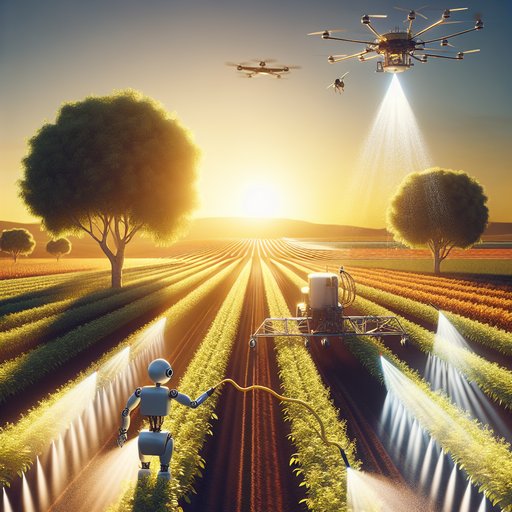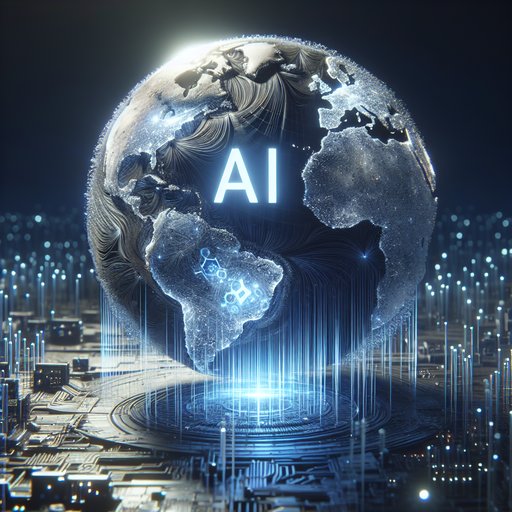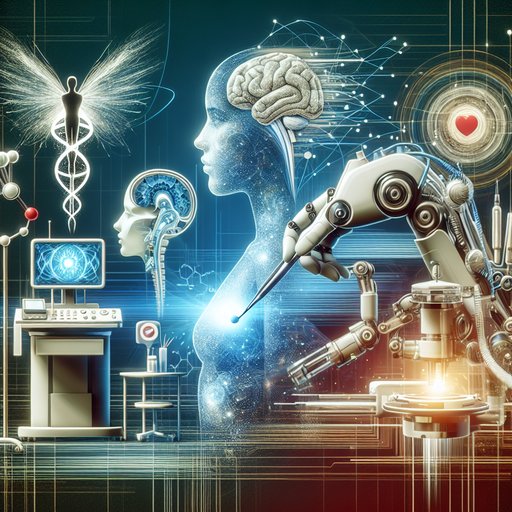
Food security used to hinge on acreage, rainfall, and luck. Today it also depends on code. In fields that once only heard the rattle of diesel, camera-laden rovers move between rows, teasing weeds from crops with surgical sprays, while drones stitch mosaics of canopy health above them. The promise isn’t spectacle; it’s precision—less waste, fewer passes, smarter decisions. As climate volatility jolts planting calendars and labor shortages tighten harvest windows, autonomous robots and AI-driven precision agriculture step forward not as shiny distractions but as pragmatic tools. Their lineage reaches back to centuries-old inventions, yet their potential pushes us toward a new compact between farmer, machine, and soil—one where intelligence doesn’t replace stewardship, it amplifies it.

As artificial intelligence (AI) continues to permeate every facet of our lives, the ethical implications and policy challenges posed by this technology have become a global concern. The evolving landscape of AI ethics, policies, and regulation efforts is a complex tapestry, woven with threads of historical precedents, current debates, and future uncertainties.

As the world's population continues to grow, the demand for food is increasing at an unprecedented rate. Traditional farming methods are struggling to keep pace, and the need for innovative solutions has never been more urgent. Enter the era of autonomous farm robots and AI-driven precision agriculture—a technological revolution that could redefine our approach to food security and sustainability.

The medical field has always been at the forefront of technological advancement, and the rise of artificial intelligence (AI) and robotics is no exception. From AI-driven diagnostics to robotic surgery and drug discovery, these technologies are not only transforming medicine but also redefining the boundaries of what is possible in healthcare.

































































